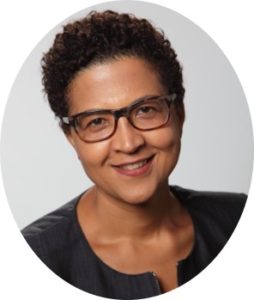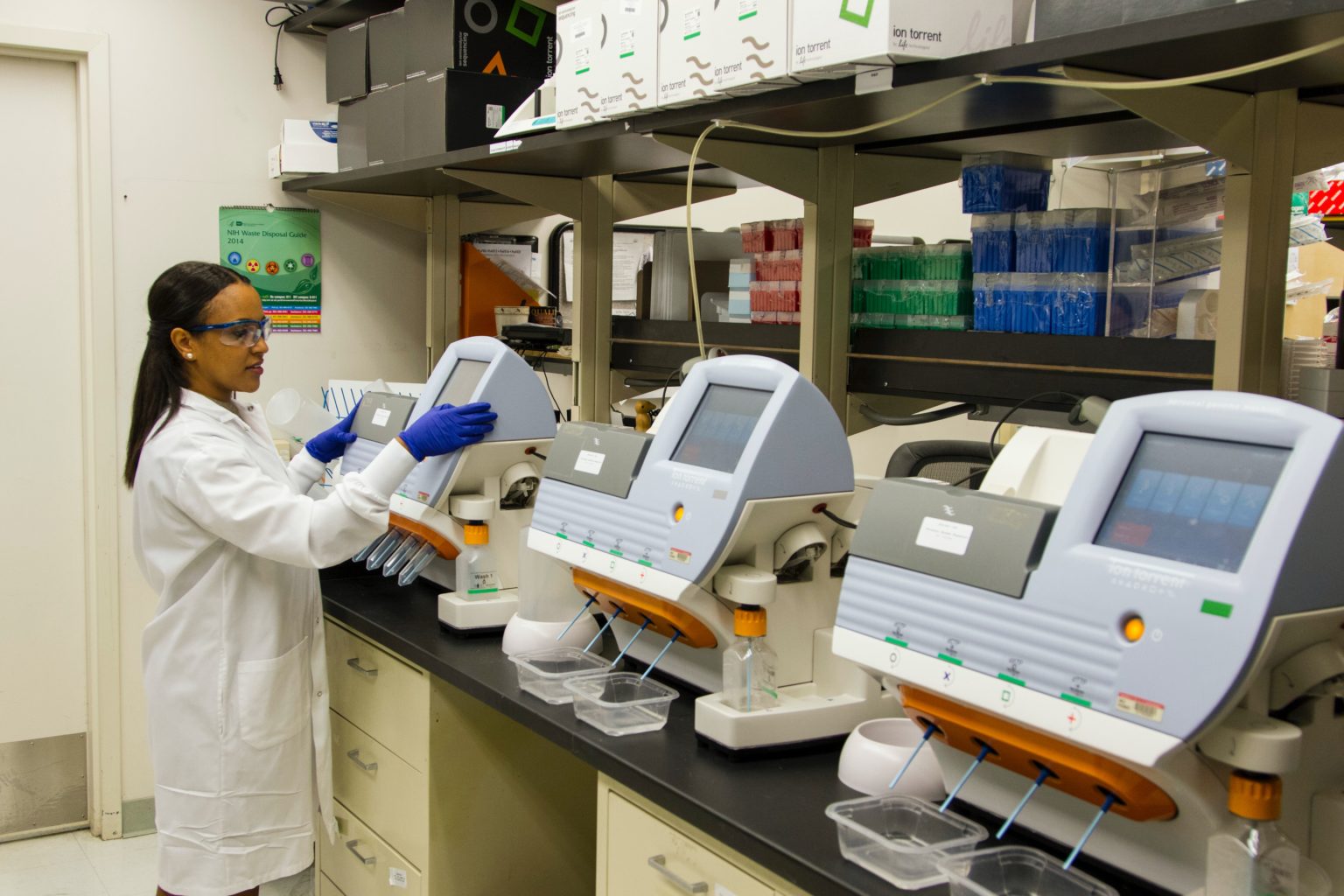Interview with Ms. Tania Douglas - Biomedical Engineering in Africa

Ms. Tania Douglas
Professor of Biomedical Engineering, University of Cape Town, South Africa
Ms. Tania Douglas is a Professor of Biomedical Engineering at the University of Cape Town, South Africa. She is also the DST/NRF South African Research Chair in Biomedical Engineering & Innovation as well as the Director of Medical Imaging Research Unit at the University of Cape Town. She has authored and co-authored papers on the advancement of medical and healthcare technologies in Africa, has edited a freely downloadable ebook on “Biomedical Engineering for Africa” and is a champion for the cause of furthering biomedical engineering in the region.
BT
Biomedical Times has a lot of readers based in Nigeria, South Africa, Zambia, and other African countries, who always engage in insightful discussions on our social network forums. How has the landscape of healthcare technology evolved in Africa over the past decade?
TD
Universities, research centres and other organisations have started collaborating towards building biomedical engineering capacity in Africa. Indeed, the number of degree programmes in biomedical engineering has grown substantially in recent years. A project funded by the Fogarty International Center of the National Institutes of Health in the United States, called “Developing innovative interdisciplinary biomedical engineering programs in Africa” supported the development of biomedical engineering programmes in Nigeria.
There is a recognition that Africa cannot rely on imported health technologies that were not designed for our needs. We therefore need to train biomedical engineers to design health technologies suitable for our context. In the face of limited resources, institutions across the continent need to join forces to reach this goal. The African Biomedical Engineering Consortium is a good example of cross-continental collaboration.



…if we are to harness these innovations for the benefit of Africa, we need to adapt them for our own needs. We cannot import them and expect them to work for us as they do for others.
BT
Can you shed some light on the efforts that are being made to connect the African talent pool with other global institutions to create knowledge-exchange bubbles?
TD
Universities in Germany and the United States universities are partnering with African universities in biomedical engineering design activities.
However, knowledge exchange within Africa is extremely valuable. An example of an initiative that supports such knowledge exchange, is the African Biomedical Engineering Mobility project, funded by the Education, Audiovisual and Culture Executive Agency of the European Commission. The project grants scholarships to African postgraduate students to enable them to undertake studies at universities outside their home countries, but still in Africa. This is a way of encouraging collaboration across the continent.
BT
What advice do you have for students who would like to enter the biomedical engineering field but are unsure about the future of this field?
TD
Biomedical engineering is growing in Africa, and the value of biomedical engineers is increasingly being recognized. The growth in academic programmes in biomedical engineering is evidence of this.
BT
What excites you the most about the future of healthcare technology in Africa?
TD
Globally, there are many exciting developments in healthcare technology directly, or impacting on healthcare technology: artificial intelligence, digital health and point-of care diagnostics are just a few of these. But if we are to harness these innovations for the benefit of Africa, we need to adapt them for our own needs. We cannot import them and expect them to work for us as they do for others. There is so much opportunity, not only to adapt the best of what the world has to offer to address our substantial health challenges, but also to combine the best of the world with the best of our own creativity.
To read more about Ms. Douglas’s works, please click here.
You can also find Ms. Douglas on LinkedIn.
For questions, suggestions or feedback, please contact us or email us at support@biomedicaltimes.com.